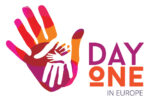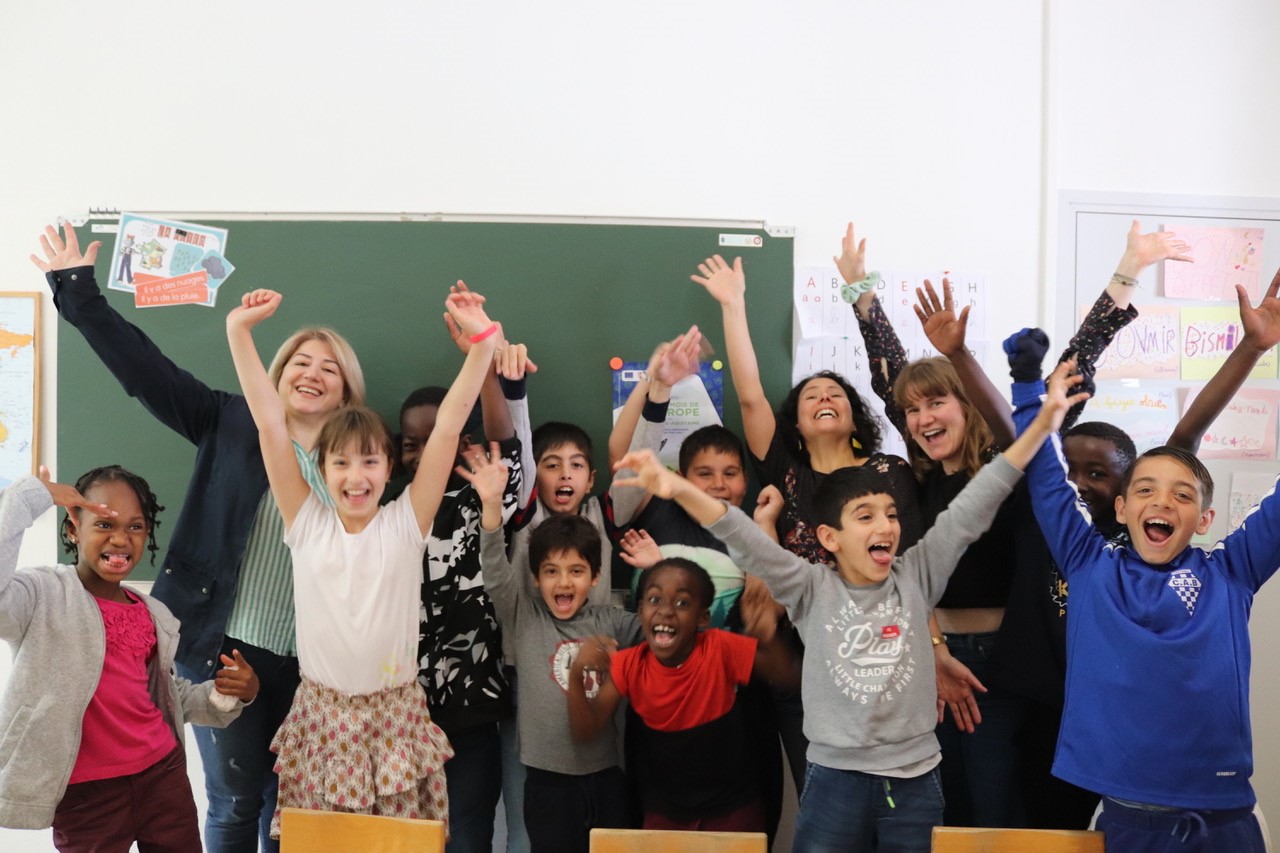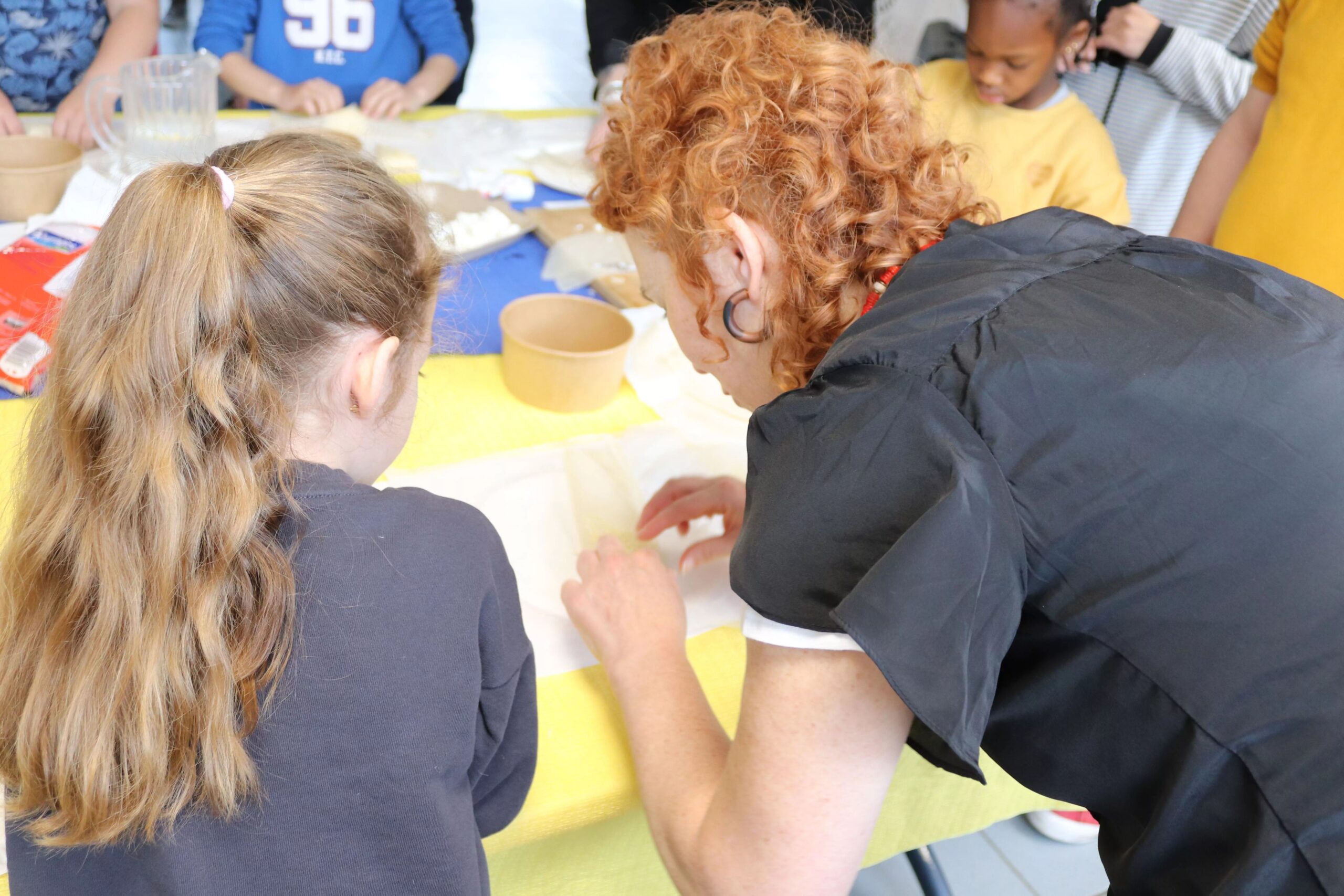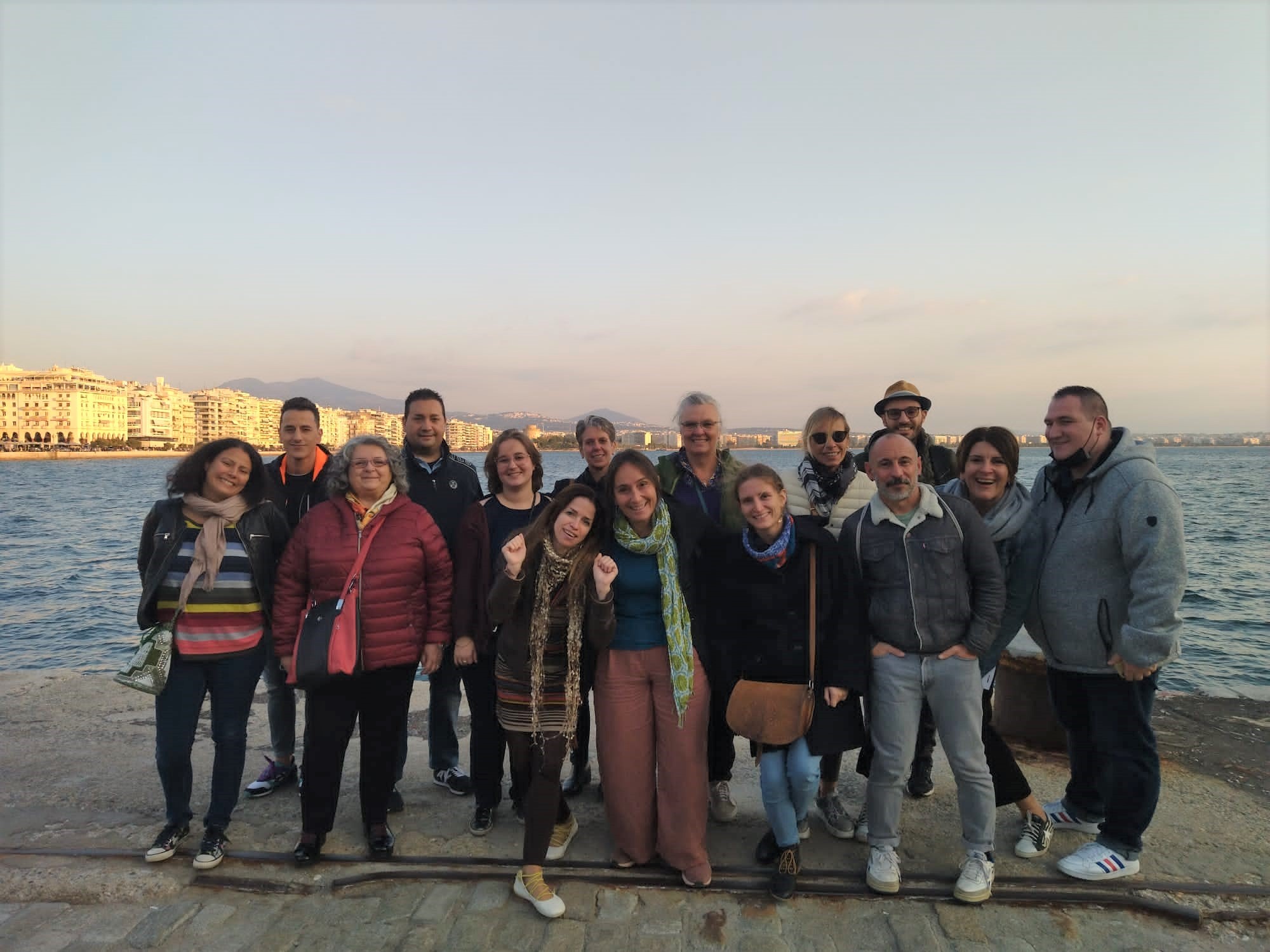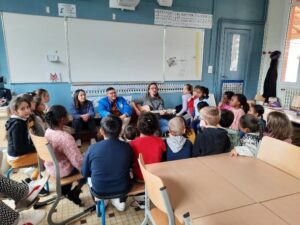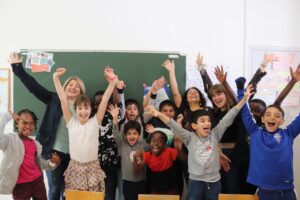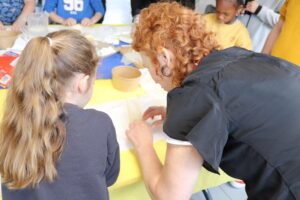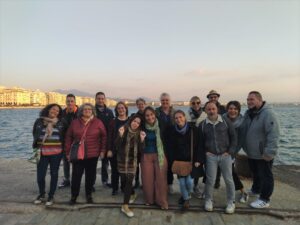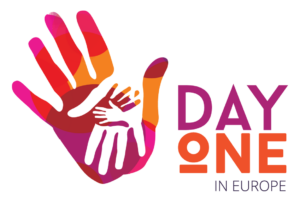The aim of the “lunch box” is to link the food and the acquisition of the host country’s language, as well as to enrich children’s education about food and taste with an anthropologically based approach.
Since eating makes people happy, once food and cooking are involved, people tend to be more accepting of new experiences. Food has the power to mediate towards friendships and it breaks barriers. it gives a sense of appreciation for those who are being fed, and those who provide the food it brings a sense of pride. Day One in Europe utilises these facts and eases the transition to a new country for migrant families and children.
Phase one – exploring the taste

The first workshop, which took place in February 2021, aimed at the discovery of taste.
« Food to a large extent is what holds a society together, and eating is closely linked to deep spiritual expériences », Peter Farb.
The second workshop will allow the discovery of oneself, one’s tastes, one’s sensibility and the sensibility of others. The third will allow the acquisition of vocabulary related to taste, food and the cultural dimension of taste. The last objective will be more anthropological and will seek to conduct a survey on the eating habits of children.
Also, exchange sessions called “from me to the other” will be proposed around taste, sensoriality and the culture of children. Through questionnaires and surveys on the food practices of children in their families, the “lunch box” will reveal the practices and customs of each person.
Phase two – let’s get practical with food
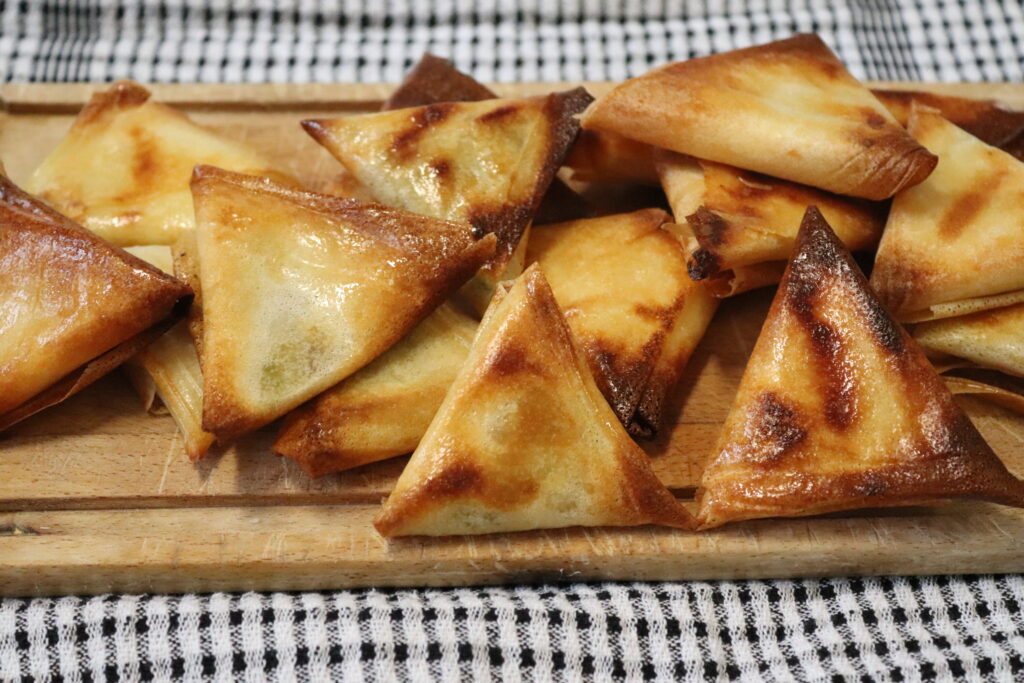
The second phase focuses on imagination, food supply and cooking practice. It will address the notions of food processing through practice, and children’s understanding of how food is cut up and cooked.
The third exchange will focus on “understanding”: dealing with constraint and rules.
“If you really want to make a friend, go to someone’s house and eat with him…the people who give you their food give you their heart.” Cesar Chavez.
This programme has been funded with support from the European Commission. The author is solely responsible for this publication (communication) and the Commission accepts no responsibility for any use that may be made of the information contained therein 2020-1-FR01-KA201-080428.
